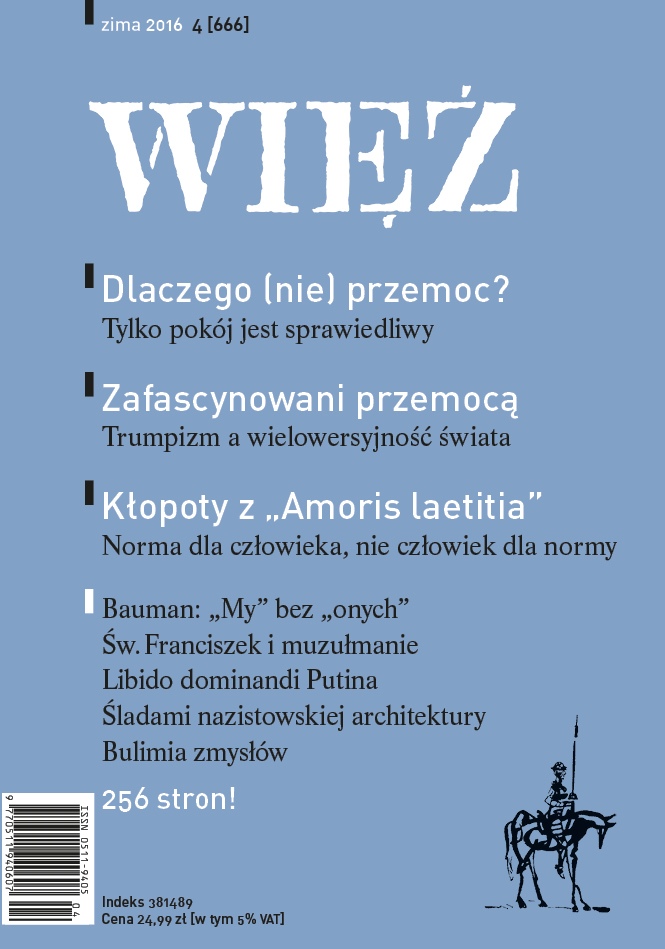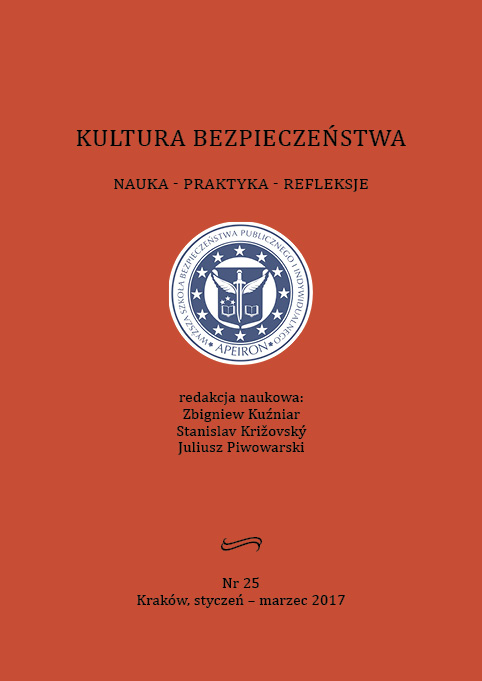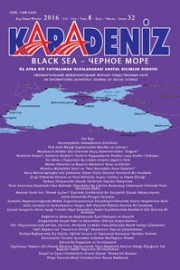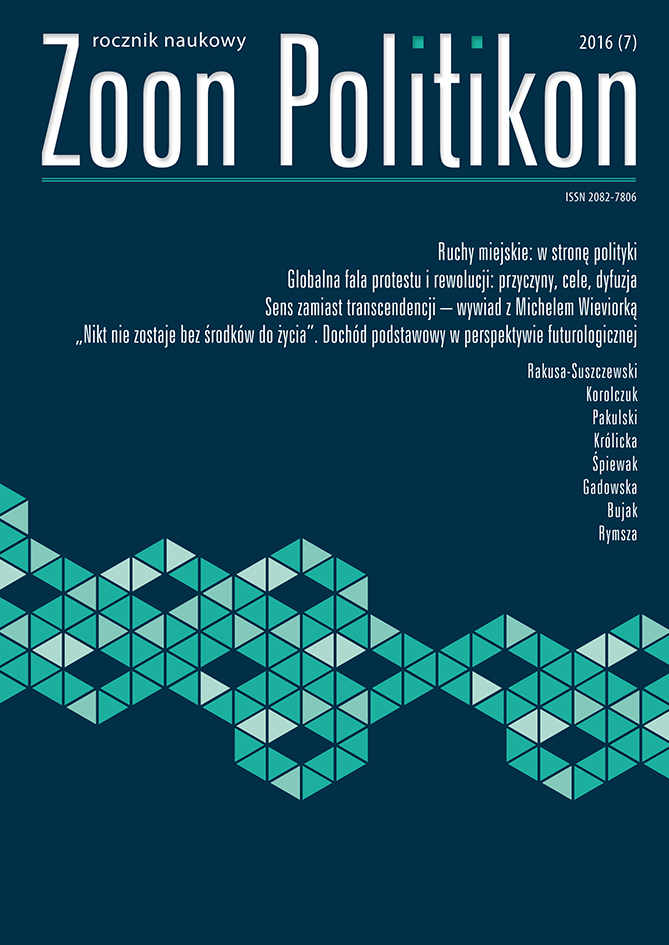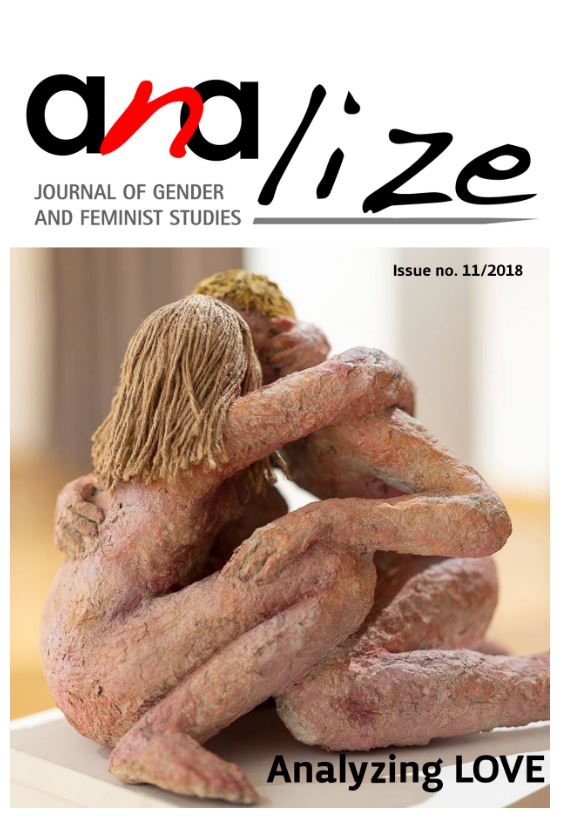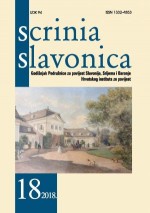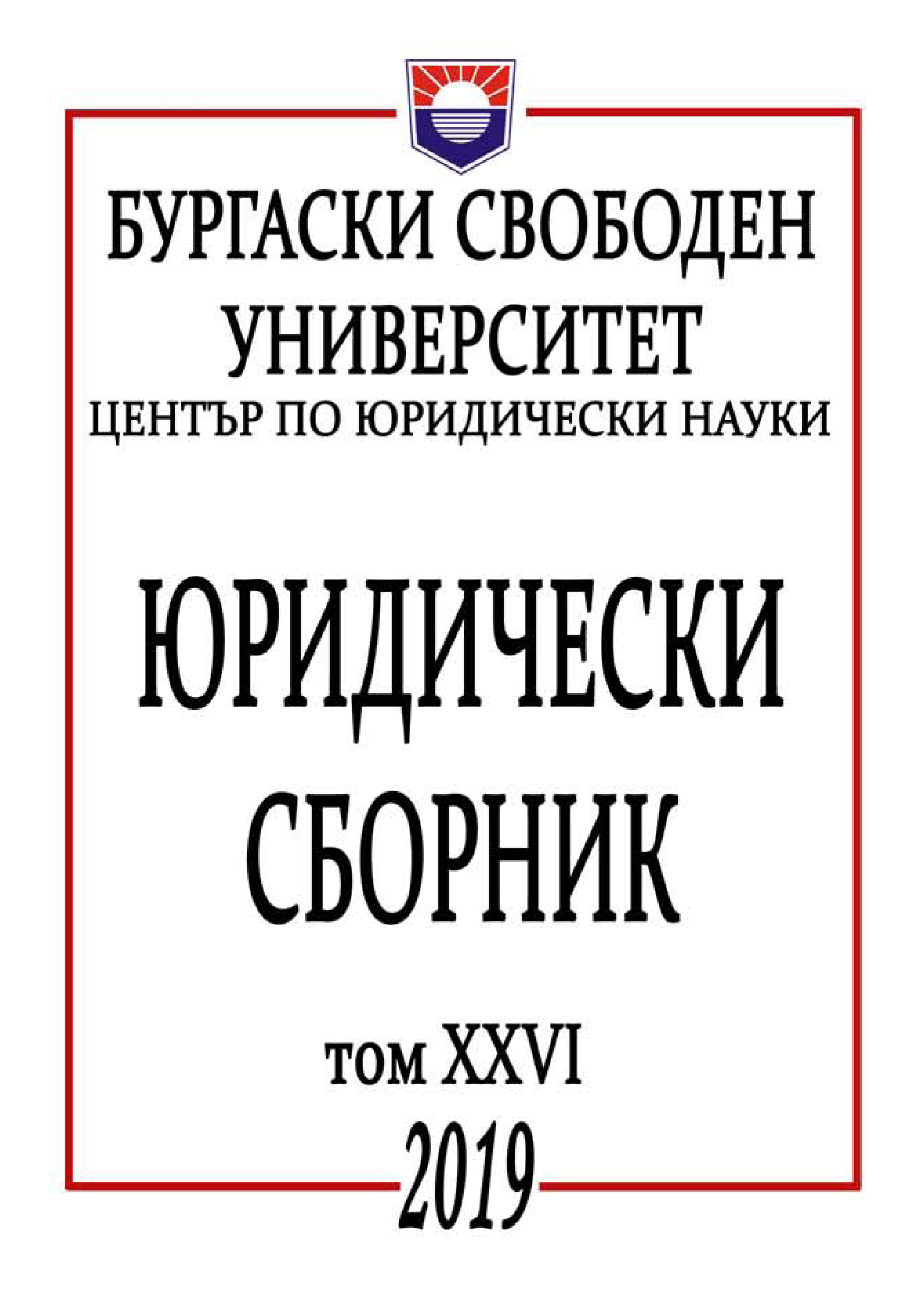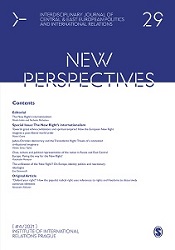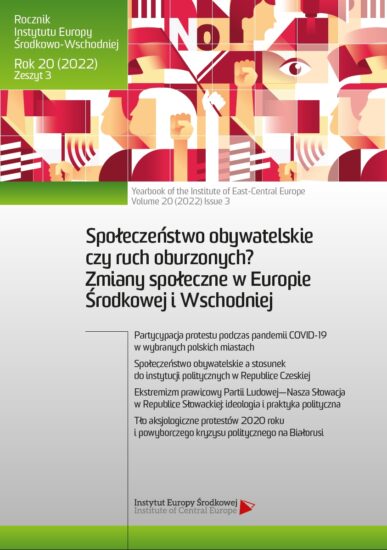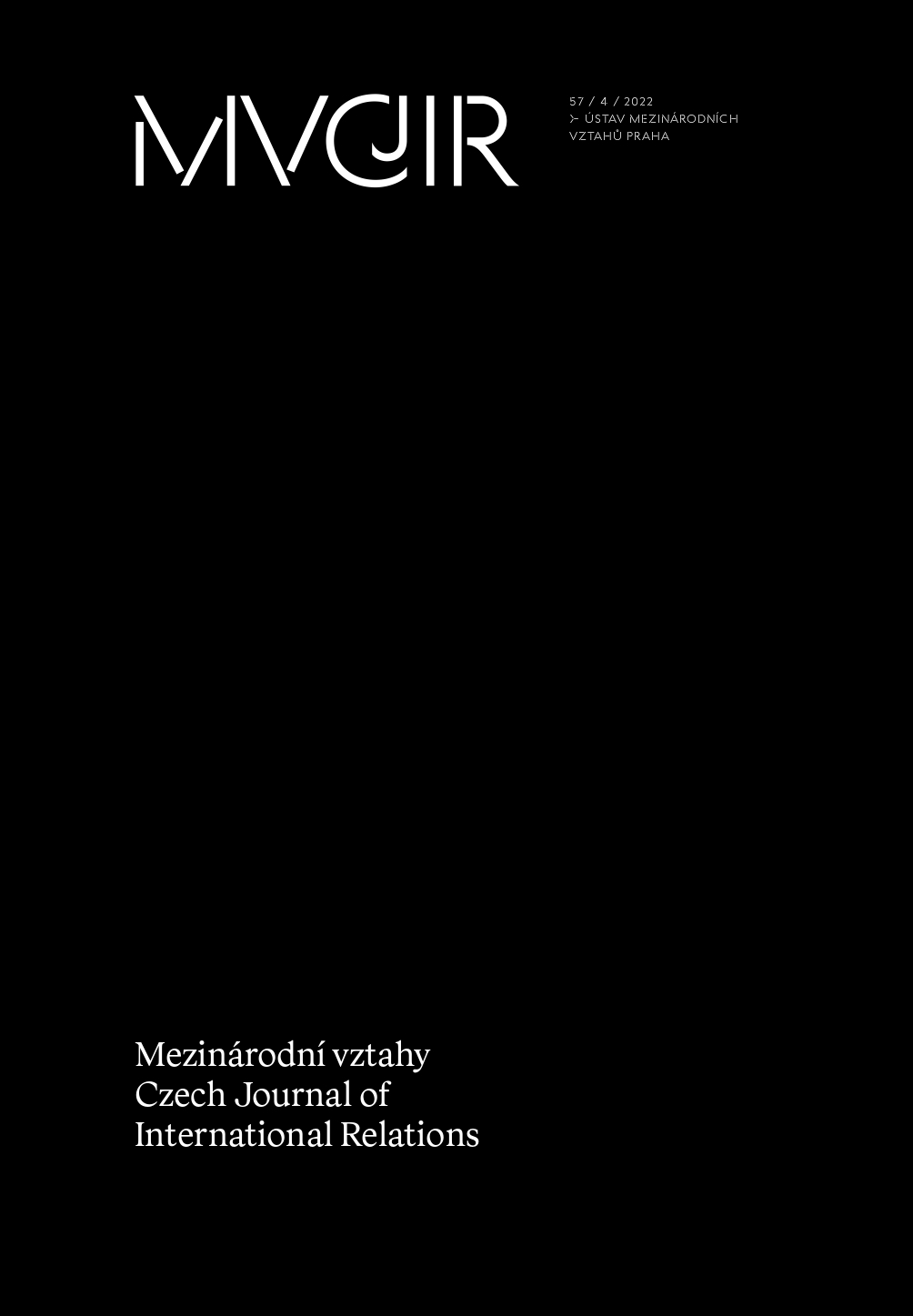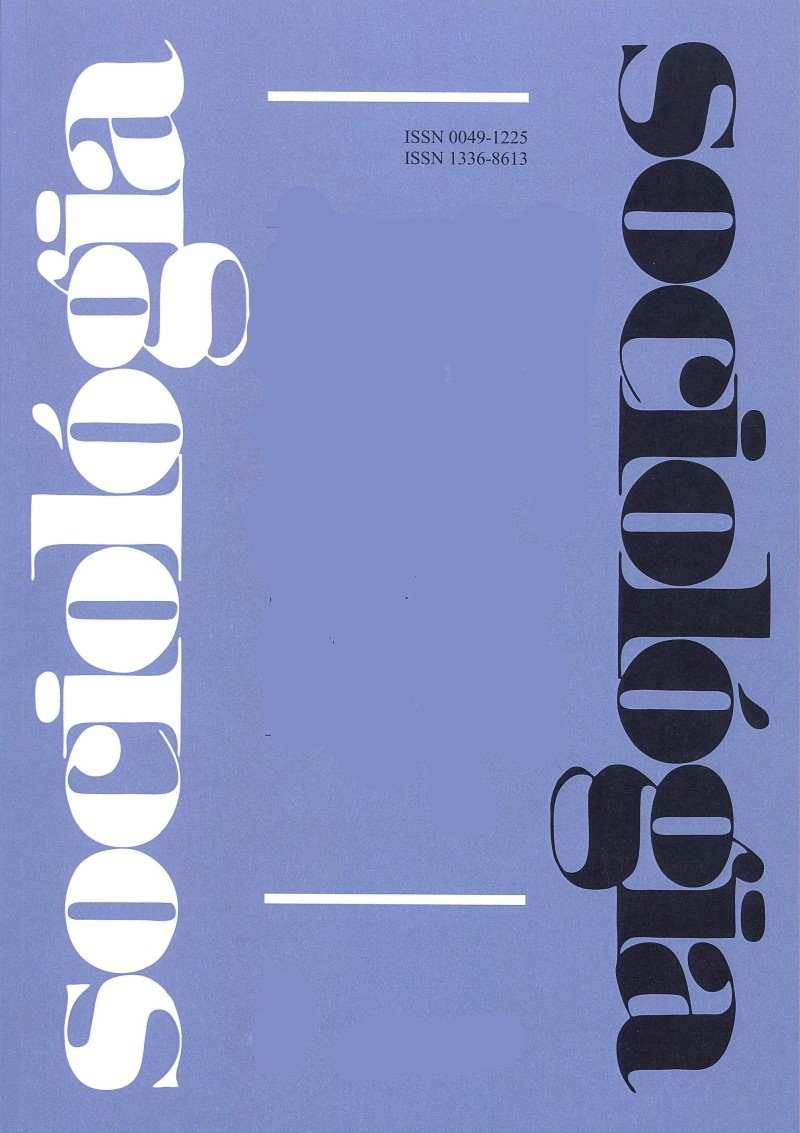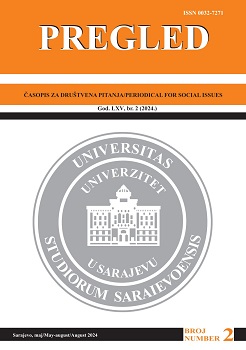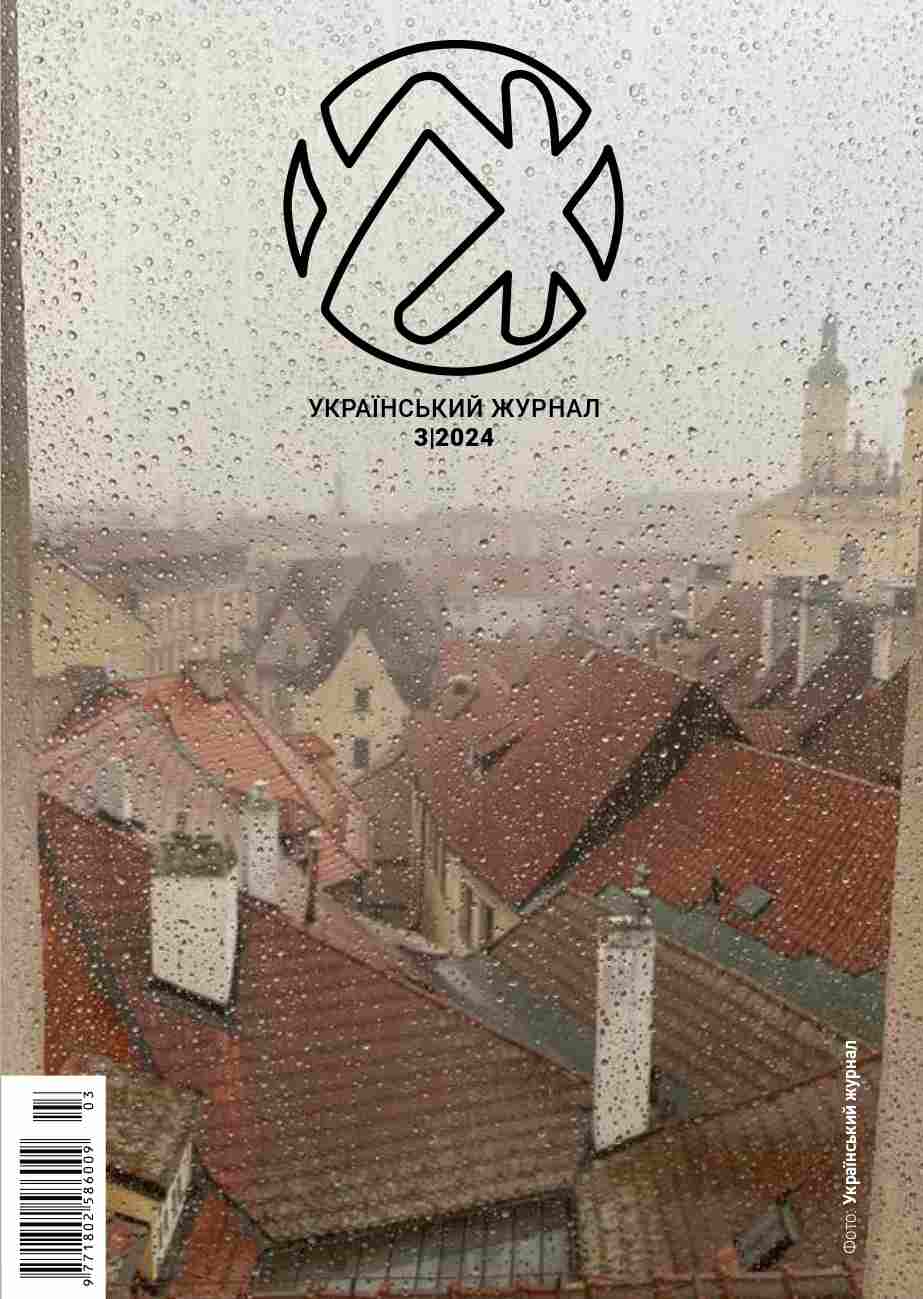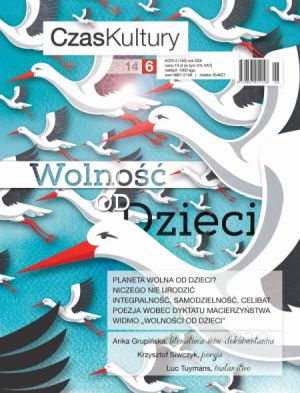
Planeta wolna od dzieci
In response to growth in the human population, resulting in devastation to the planet and a rising catastrophic sentiment in the West, two radically different narratives about the end of the human species have emerged. One opts for voluntary extinction as a form of ecologically motivated altruism; the second is techno-euthanasia, which hypothesizes a quantum leap forward to a post-human era and the hope of radical life extension. However, between the desire for extinction and hope for immortality, a slowly but steadily growing number of people are choosing a third way: remaining childfree for the sake of their own lifestyle preferences. A such conceived renouncement of parenting should not be confused with childlessness and its associated lack, but should be seen rather as a sign of the times, an individual choice to enjoy the pleasures in life, which are treated as a value in themselves, without the need for the biological extension of life itself.
More...
